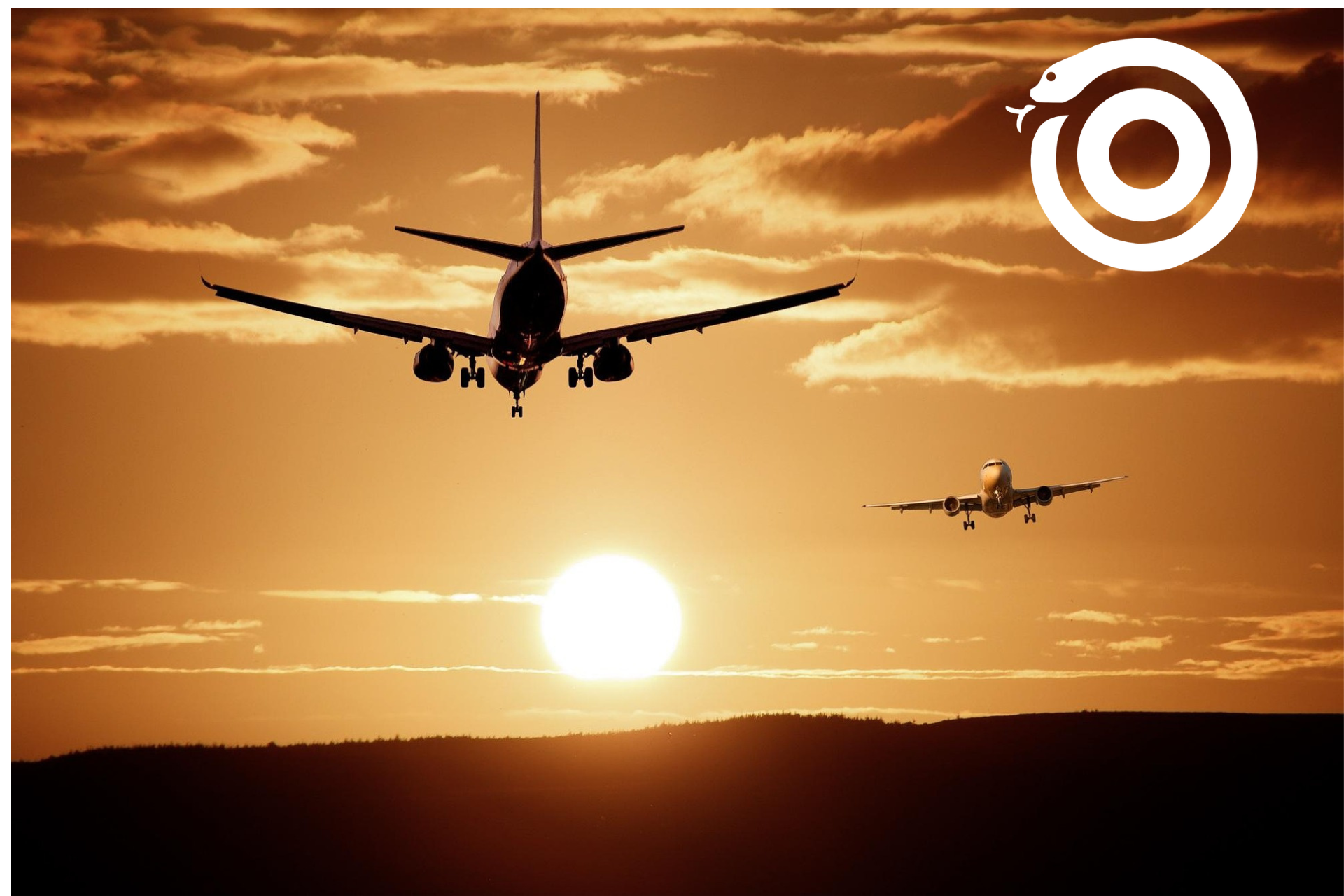
The aviation sector has long benefited from an unusual trade advantage: a “zero-for-zero” tariff agreement between major manufacturing nations, which kept aircraft and parts duty-free for decades.[1] This arrangement allowed global supply chains to thrive, with aircraft components often crossing multiple borders before final assembly (similar to car manufacturingprocess).
In 2025, that stability was shaken when new tariff measures—some as high as 39%— were imposed by the United States and mirrored by other markets.[2] These moves have disrupted manufacturing, deliveries, and financial stability across the industry. Credit agencies and market analysts have lowered their outlook for the airline sector. Moody’s projects slower profit growth and reduced fleet expansion in the next two years.[3]
One of the most immediate effects has been halted or delayed deliveries. Pilatus Aircraft of Switzerland suspended shipments of its PC-12 and PC-24 jets to the U.S. after Washington imposed steep tariffs on Swiss goods.[4] Given that the U.S. accounts for about 40% of Pilatus’ deliveries, the decision highlights the scale of the commercial impact. Ryanair, Europe’s largest airline by passenger numbers, warned that a 10% tariff on imported aircraft and parts could delay the delivery of 25 Boeing jets.[5] The airline also flagged potential knock-on effects on future route expansion.
Tariffs on raw materials like steel and aluminum—set at 25% in some cases—are raising costs for manufacturers and parts suppliers.[6] Industry analysis from KBRA estimates that tariffs on metals and goods from Canada, Mexico, and China could raise manufacturing costs by up to $5 billion annually. Aircraft prices could increase by 10% or more, a cost that may ultimately be passed on to airlines and, eventually, passengers. [7]
Embraer of Brazil reported a quarterly loss but claimed the U.S. tariffs had “no material impact” on its 2025 performance so far, signaling that diversification of customer bases can cushion the blow.[8] GE Aerospace, despite estimating a $500 million tariff cost, has maintained its profit forecasts, advocating for a reinstatement of zero-tariff policies.[9]
Not all tariff news has been negative. In July 2025, a U.S.–EU agreement restored zero tariffs on aircraft and aviation parts between the two regions.[10] This safeguarded the Airbus–Boeing transatlantic trade and reassured European airlines that rely on U.S. parts and maintenance services. However, with other major markets such as Switzerland, Brazil, and parts of Asia still subject to elevated tariffs, global aviation remains a patchwork of trade rules.[11]
Although tariffs have introduced uncertainty, the aviation industry has a structural advantage that could support a positive resolution: the United States already runs a significant trade surplus in aerospace products, historically one of the largest of any sector.[12] While the near-term outlook remains clouded by higher costs and delivery risks, the long-term dynamics of aviation trade suggest that a stable tariff-free agreement is achievable.
Sources
[1] Vinson & Elkins, 05/2025, [2] Reuters, 08/2025, [3] Cirium, 06/2025, [4] Reuters, 08/2025, [5] Financial Times, 04/2025, [6] Financial Times, 04/2025, [7] KBRA, 2025, [8] Reuters, 08/2025, [9] MarketWatch, 2025, [10] Business Insider, 07/2025, [11] Reuters, 08/2025, [12] MarketWatch, 04/2025
Business Insider. (07/2025). Tariff exemption allows aviation sigh of relief, but still unstable. Retrieved from https://www.businessinsider.com/tariff-exemption-allows-aviation-sigh-of-relief-but-still-unstable-2025-7
Cirium. (06/2025). Airlines face headwinds amid tariffs uncertainty and shifting demand. Retrieved from https://www.cirium.com/thoughtcloud/ascend-consultancy-airlines-face-headwinds-amid-tariffs-uncertainty-and-shifting-demand
Financial Times. (04/2025). Ryanair warns aircraft deliveries at risk from tariff chaos. Retrieved from https://www.ft.com/content/90c355a8-e8ea-48bf-b831-65b1bd01bdc2
KBRA. (05/2025). Tariffs on aviation metals and goods: Cost impact analysis. Retrieved from https://www.kbra.com/publications/dtMwMshr
MarketWatch. (04/2025). GE Aerospace keeps outlook intact after an earnings beat. Retrieved from https://www.marketwatch.com/story/ge-aerospace-keeps-outlook-intact-after-an-earnings-beat-and-the-stock-gains-b0748ec9
Reuters. (08/2025). Swiss plane maker Pilatus halts business jet deliveries to US over tariffs. Retrieved from https://www.reuters.com/world/europe/swiss-plane-maker-pilatus-halts-business-jet-deliveries-us-over-tariffs-2025-08-08
Vinson & Elkins. (05/2025). Global tariffs: Implications for the aviation industry. Retrieved from https://www.velaw.com/insights/global-tariffs-implications-for-the-aviation-industry
